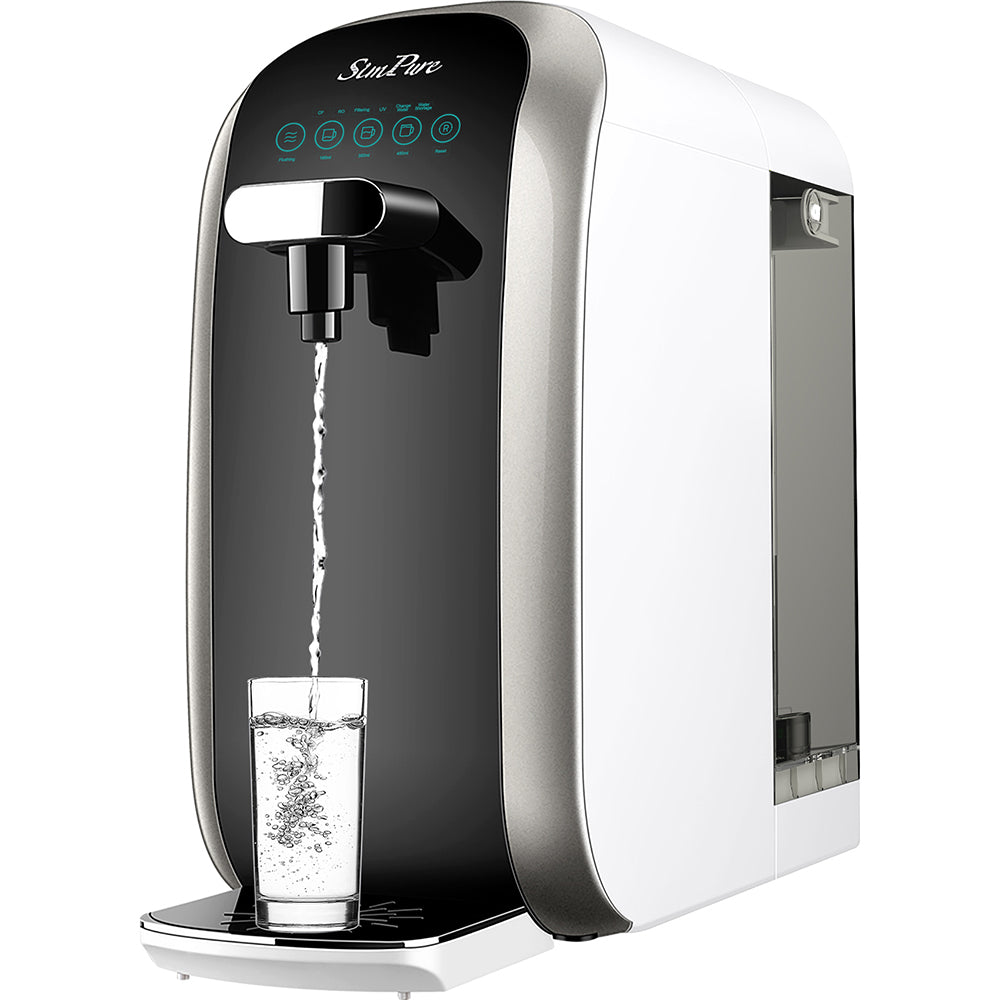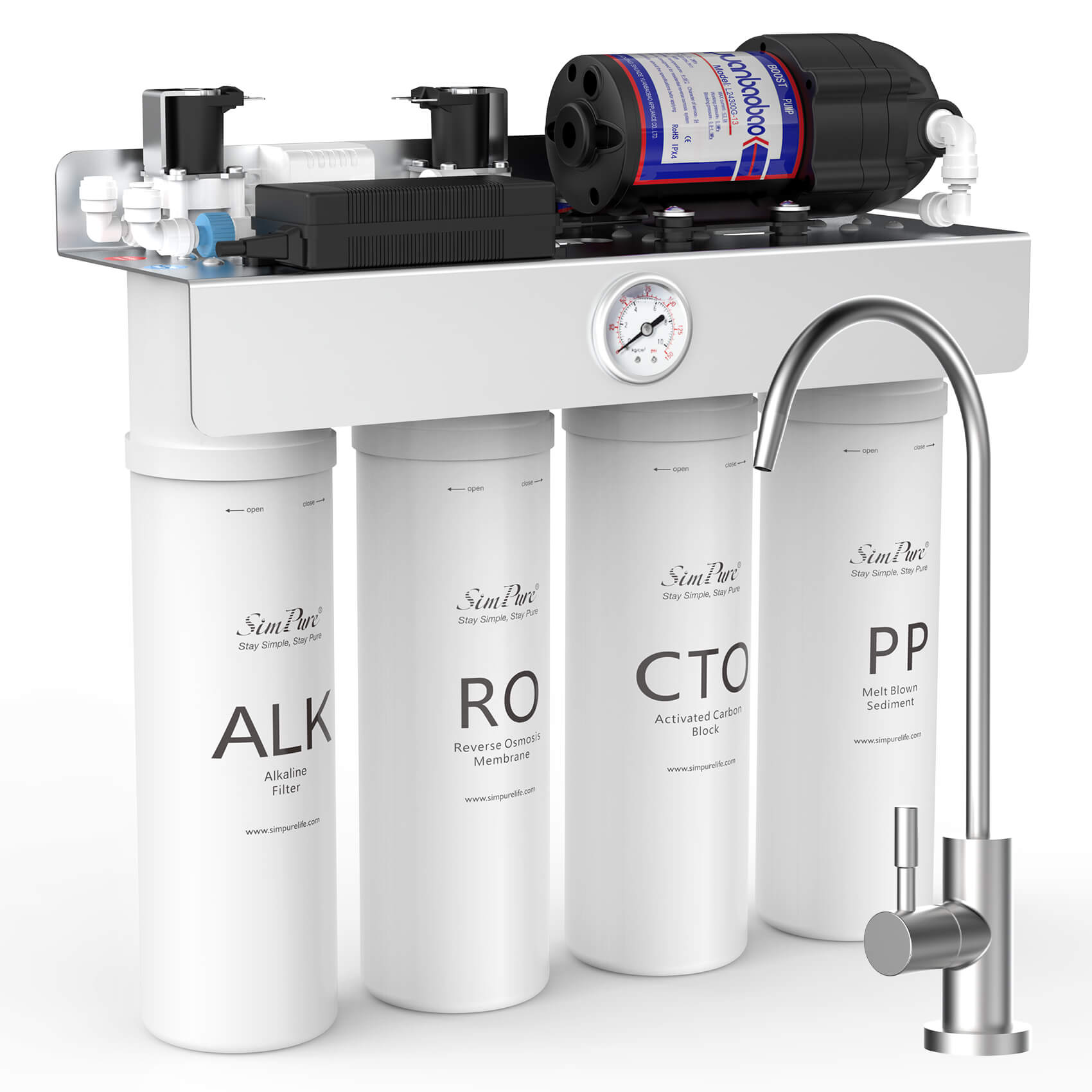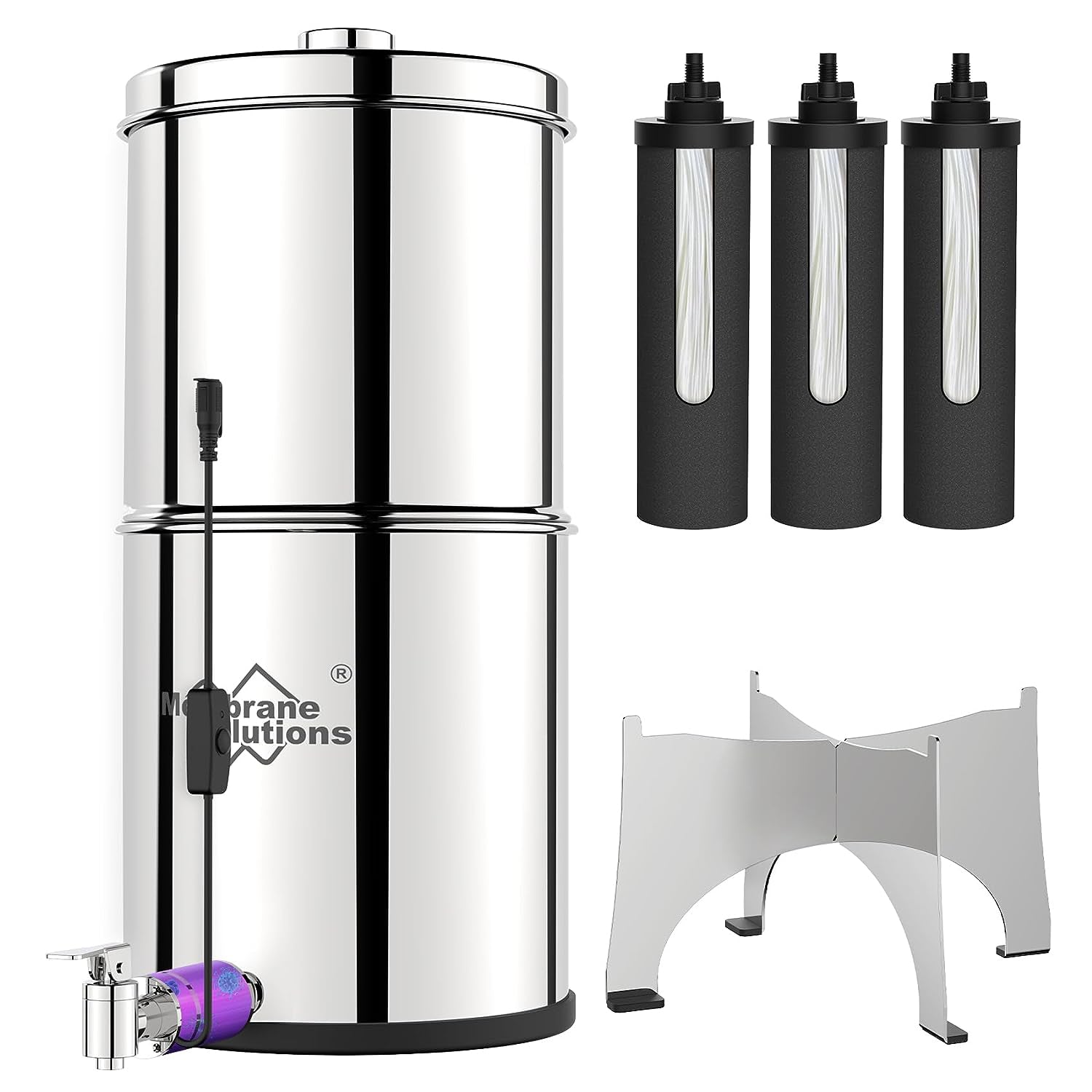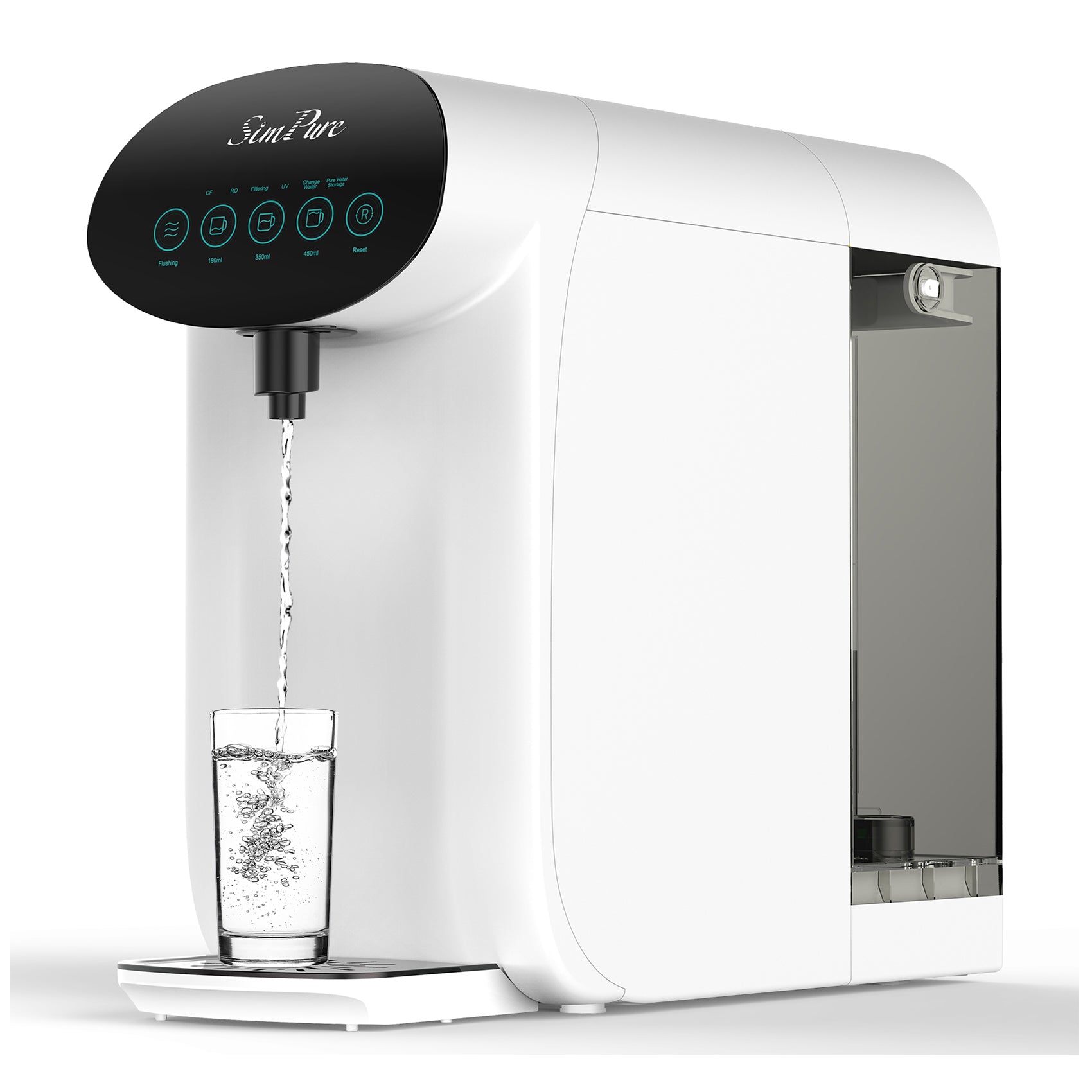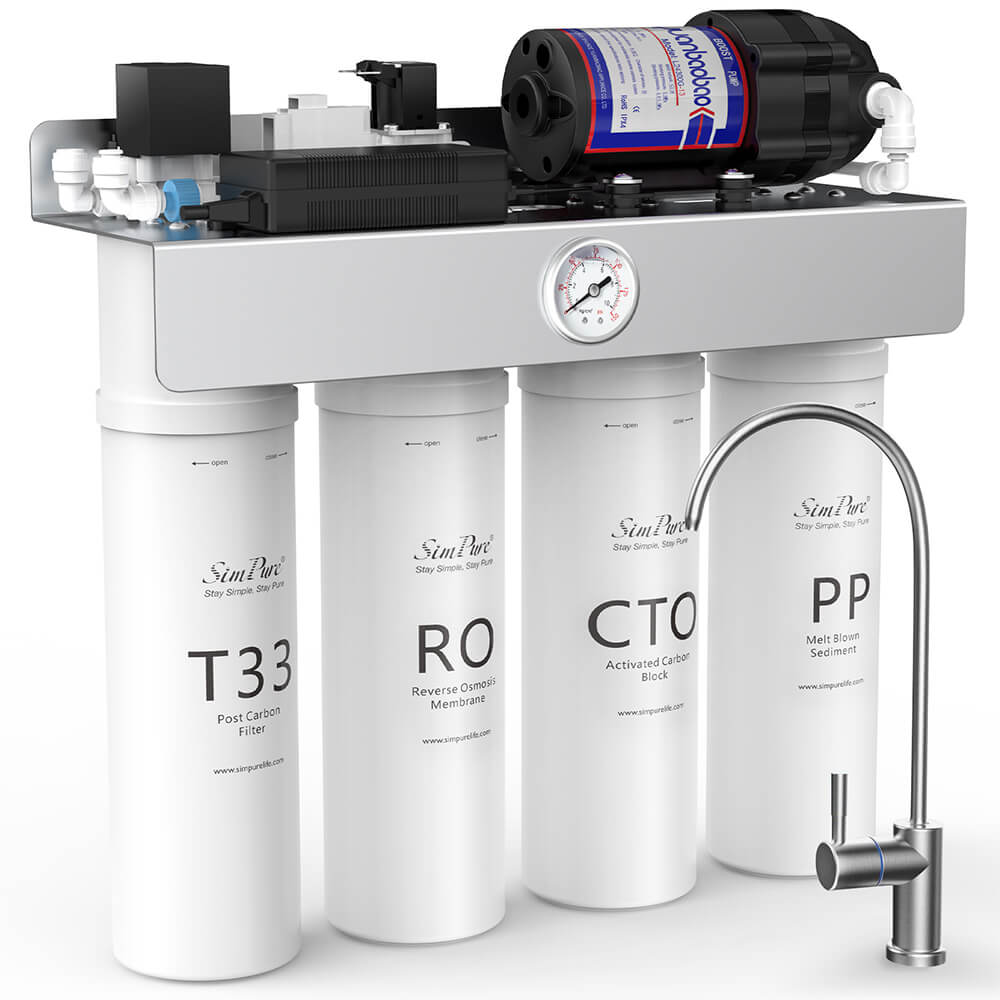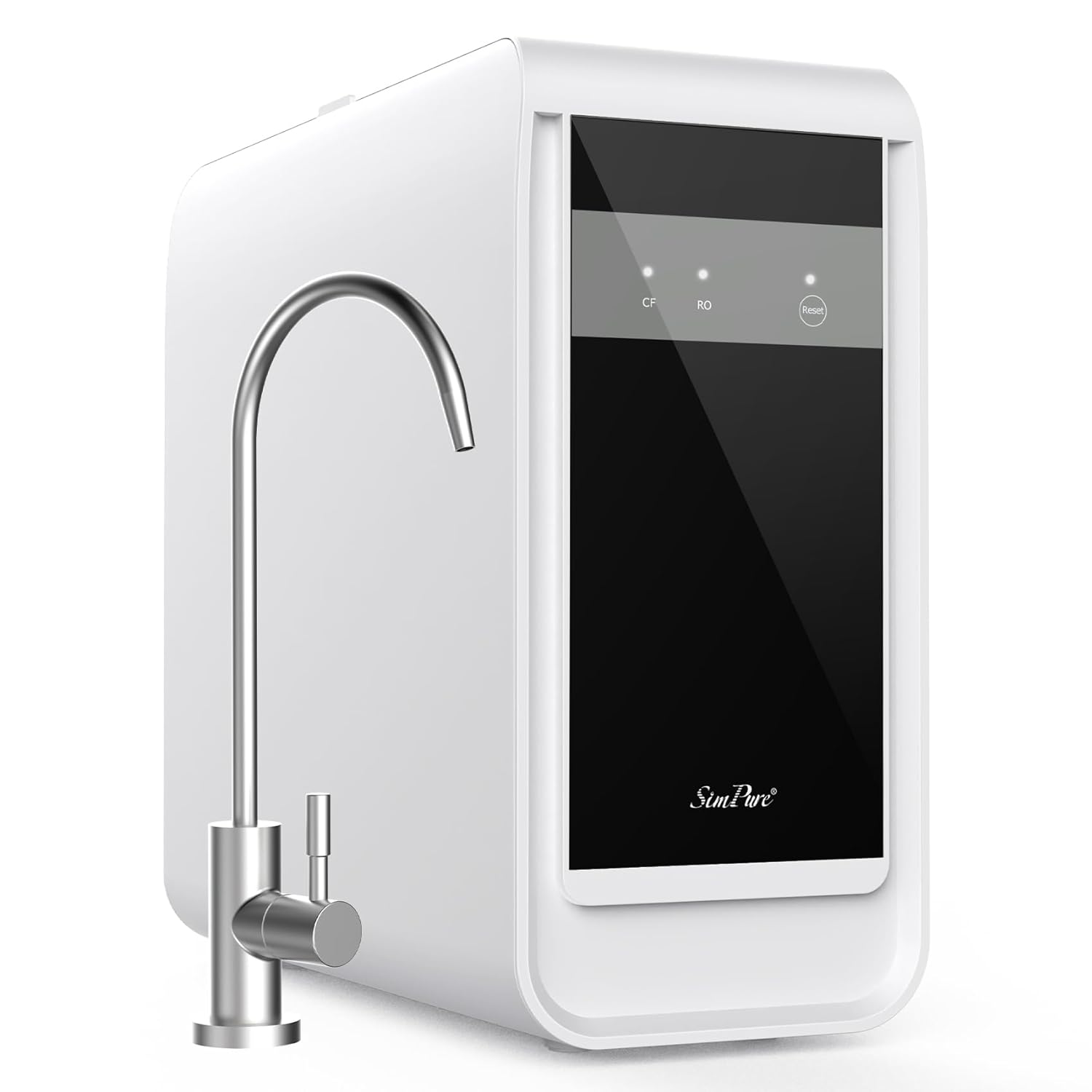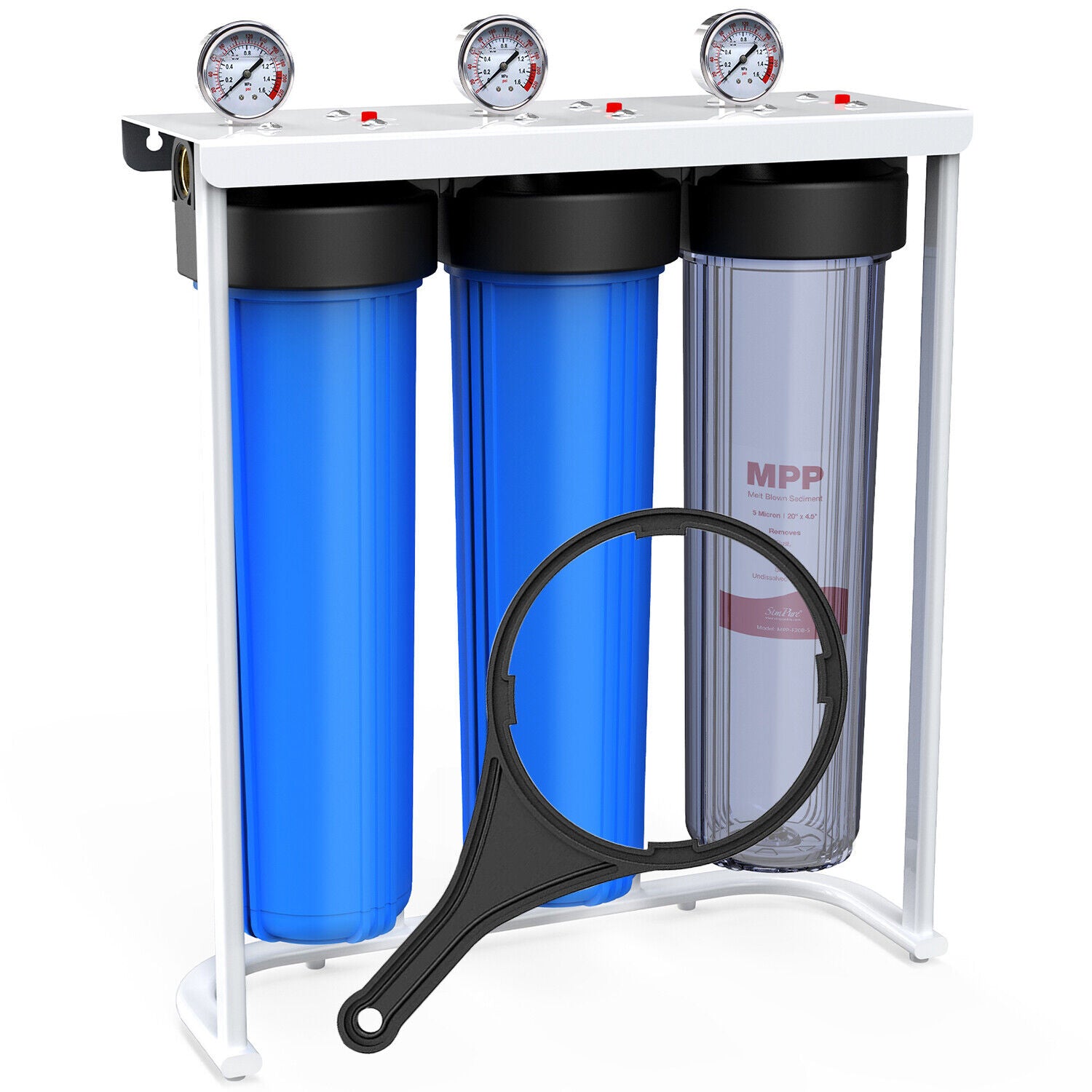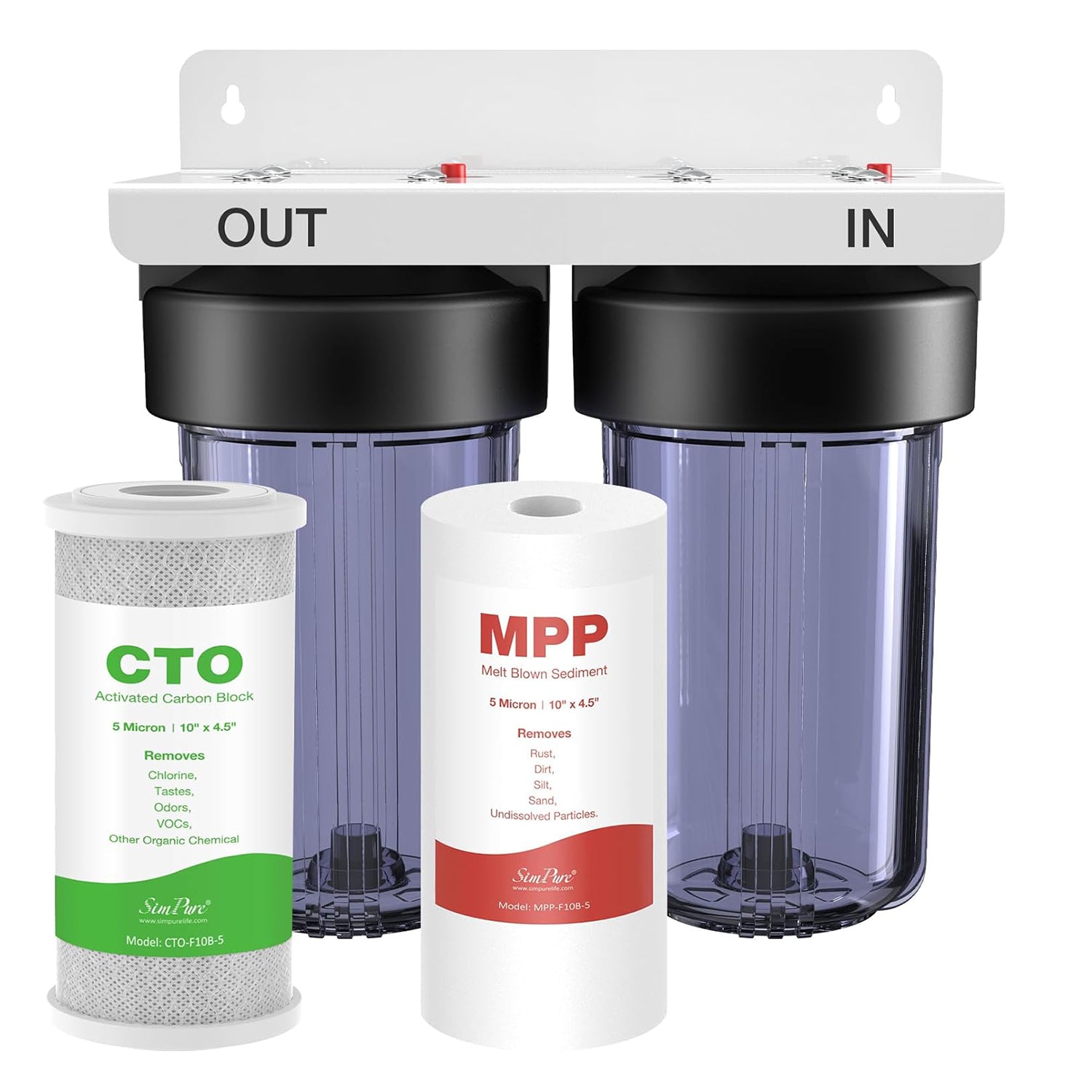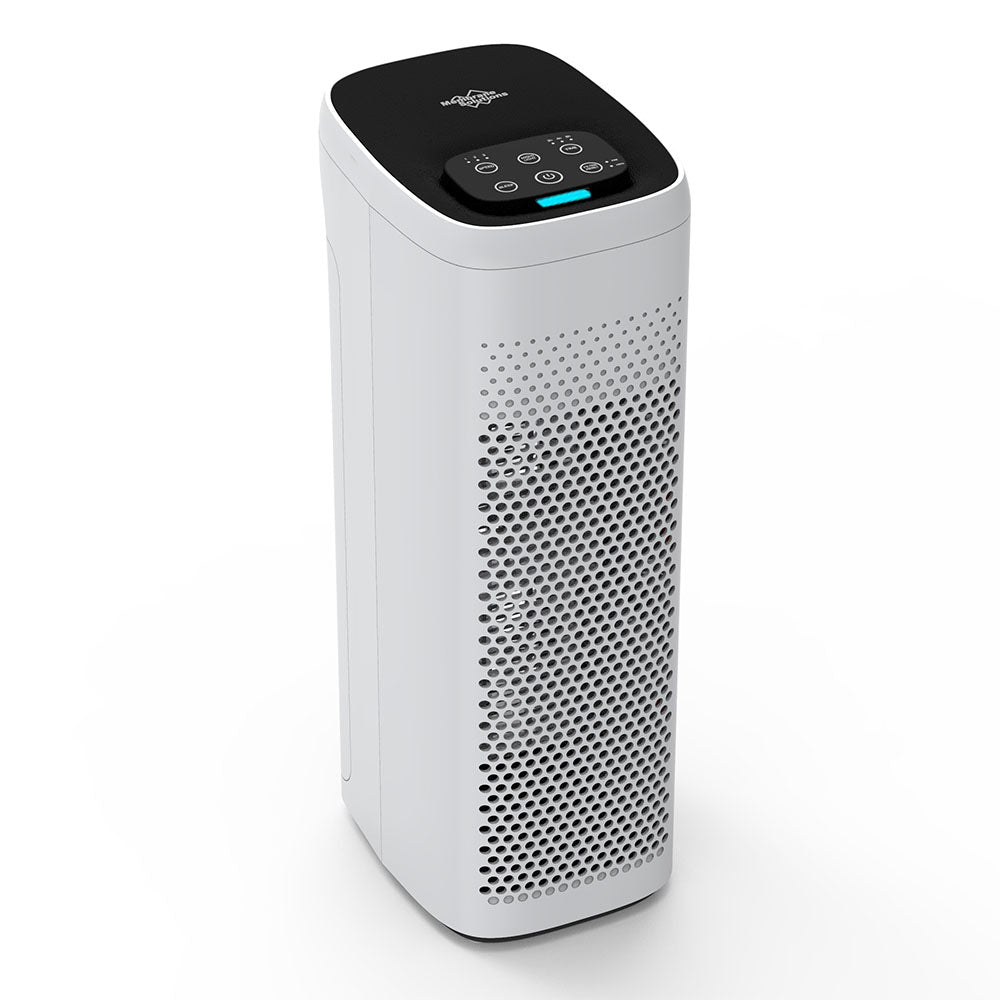Does water have a taste? Water is often considered a tasteless liquid, but in reality, the taste of water can vary depending on its source, quality, and the presence of dissolved substances. The taste of water can be affected by impurities, minerals, and other dissolved substances that can give it a metallic or earthy taste, as well as by the temperature, container, and packaging used to hold the water. Additionally, personal preference also plays a role in the perceived taste of water. Understanding the factors that can affect the taste of water is important for evaluating its overall quality and ensuring that it is safe and appealing to drink. In this article, we will give you a detailed discussion on the topic of does water have flavor.
Definition of "Taste"?
When we talk about whether water has taste or not, we first have to figure out what taste is and how it relates to water.

A. Definition of Taste
Taste is one of the five basic senses and refers to the ability to detect and perceive different flavors and qualities of food and drink. Taste is perceived primarily by the taste buds on the tongue, but also by other receptors in the mouth and throat. The five primary tastes that can be detected by the tongue are sweet, sour, salty, bitter, and umami (savory). These five tastes are detected by specialized receptors on the taste buds that respond to specific chemicals in food and drink. Taste is closely linked to the sense of smell, as the perception of flavor is a combination of both taste and aroma.
B. Importance of taste in Relation to water
Taste plays a significant role in the perception of water and its overall quality. It is important because it can influence a person's willingness to drink water and maintain proper hydration.
Water is considered a tasteless liquid, however, some people can perceive a slight taste of water, depending on the source and quality of water.
The taste of water can be affected by various factors such as the presence of minerals, impurities, and other dissolved substances. These factors can affect the taste, color, and odor of water.
Additionally, the taste of water can also be influenced by the temperature, container, and packaging used to hold the water.
For these reasons, the taste is a crucial aspect of water quality evaluation and can be used as an indicator of the water's source, treatment, and overall suitability for consumption.
Having a good taste perception in water can lead to a better hydration, which can affect positively the overall health.
So Does Water Have a Taste?---Yes Or No?
Now let's talk about whether water has taste. In this part, you will find the answer to does water have a taste. When it comes to this topic, there are naturally two sides to talk about it, which have their own reasons.
A. Does water have a taste?---Yes, water has taste
There are several arguments for water having a taste:
- Impurities and minerals: The presence of impurities, minerals, and dissolved substances in water can affect its taste, color, and odor. For example, high levels of iron, manganese, or sulfur can give water a metallic or earthy taste, while high levels of chlorine or other disinfectants can give water a chlorine-like taste.
- Temperature: The temperature of the water can also affect its perceived taste. Cold water is generally considered to be more refreshing, while warm water may be perceived as less appealing.
- Container and packaging: The container or packaging used to hold water can also affect its perceived taste. For example, water stored in plastic bottles may have a slight plastic-like taste, while water stored in metal containers may have a metallic taste.
- Source: water can come from different sources like groundwater, surface water, or desalinated water. Each source has a unique composition of minerals, dissolved substances, and temperature.
- Treatment: Water is treated to make it safe for consumption, different treatment methods can affect the taste, such as chlorination or ozone treatment.
- Personal preference: People's taste preferences can also affect their perception of water. Some people may prefer the taste of water from a particular source, while others may prefer the taste of water that has been treated in a certain way.
- The human taste buds are able to detect some dissolved substances in water, even if they are present in low concentration, which means that water has a taste.
- Studies have shown that variations in the taste of water can affect people's willingness to drink water and maintain proper hydration. Thus, the taste of water plays an important role in maintaining hydration and overall health.
- Water can have a taste that can be affected by the environment, the local geology, and the way it is treated before consumption. That means water can have a natural taste, which can be enjoyed by the people who drink it.
Overall, the arguments for water having a taste are based on the fact that water can be affected by a variety of factors, including impurities, minerals, temperature, container, packaging, source, treatment, personal preference, and the presence of dissolved substances which can be detected by the human taste buds. These factors can affect the taste, color, and odor of water, making it more or less appealing to drink.
B. Does water have a taste?---No, water has no taste.
There are several reasons why water has no taste:
Pure water is tasteless: Water in its pure form is composed of only hydrogen and oxygen atoms and does not contain any dissolved substances that would give it a taste. Therefore, if water is pure and free from impurities and dissolved substances, it should be tasteless.
The perception of taste is subjective: The perception of taste is subjective and can vary from person to person. Therefore, what one person perceives as a taste in water may not be perceived by another person.
The human tongue can detect only five basic tastes (salty, sweet, sour, bitter, and umami) and water doesn't fall into any of them.
The taste of water can be affected by the sense of smell: The sense of smell plays an important role in the perception of taste, and the taste of water can be affected by the smell of the environment or other substances that are present.
Taste buds can be affected by other factors like oral hygiene, sinus conditions, or medications, which can affect the taste perception of water.
The taste of water can be influenced by expectations and context: People's expectations about the taste of water can be influenced by the context, for example, people expect water from a mountain spring to taste different from tap water.
The majority of people find water to be tasteless and rely on other ways to evaluate water quality, like appearance and odor.
Overall, the arguments against water having a taste are based on the fact that water in its pure form is tasteless, the human tongue can't detect pure water, the perception of taste is subjective, and the taste of water can be affected by other factors such as the sense of smell, expectations, and context.
How to Improve the Taste of Water?

The debate on does water have a taste is ongoing, with arguments for and against the idea. Ultimately, whether or not water has a taste is a matter of perception and can vary from person to person. But what if the water in your home smells bad or you want to improve the taste? Here are several ways to improve the taste of water and make it more appealing to drink:
Filtering: Installing a water filter in your home can remove impurities, minerals, and other dissolved substances that can affect the taste of water. There are different types of water filters available, such as activated carbon filters, reverse osmosis filters, and UV filters.
- Use a Reverse Osmosis System with Remineralization
An RO system removes impurities and contaminants from water, providing clean and pure water. However, this process can also strip water of essential minerals that contribute to its taste. To counteract this, use an RO system with a remineralization filter like SimPure T1-400 ALK Under Sink RO system. This filter adds back healthy minerals like calcium and magnesium, improving the taste and making the water more alkaline.
Chilling: Keeping water in the refrigerator before drinking can help improve its taste, as cold water is generally considered to be more refreshing.
Using a water pitcher with a filter: Some water pitcher comes with a filter that can improve the taste of water by removing impurities, minerals, and other dissolved substances.
Adding flavor: Adding a slice of lemon, lime or mint leaves to your water can give it a refreshing taste and mask any unpleasant flavors.
Using a water bottle with a built-in filter: Some water bottles come with a built-in filter that can remove impurities, minerals, and other dissolved substances as you drink.
Buying water in glass bottles: Water that comes in glass bottles is less likely to pick up unwanted flavors from the container, and it's also better for the environment.
Boiling: Boiling water for several minutes can remove impurities, bacteria, and other dissolved substances that can affect the taste.
It's important to note that while these methods can improve the taste of water, they may not necessarily make it safe to drink if it's contaminated. If you have concerns about the quality of your water, it's best to have it tested by a professional.
In conclusion, does water have a taste? It should be tasteless but the taste of water can be affected by various factors such as the presence of impurities, minerals, and other dissolved substances, the temperature, container, and packaging used to hold the water, and personal preference. These factors can affect the taste, color, and odor of water, which can influence a person's willingness to drink water and maintain proper hydration. Good taste perception in water can lead to a better hydration, which can affect positively overall health. Therefore, by understanding the factors that can affect the taste of water, we can take steps to improve its taste and ensure that we are properly hydrated.
More Blogs On Water Has Taste
1. Why does water taste sweet?
2. Why does my water taste salty?
3. Why does my water taste like metal?
4. Why does my filtered water taste funny?






